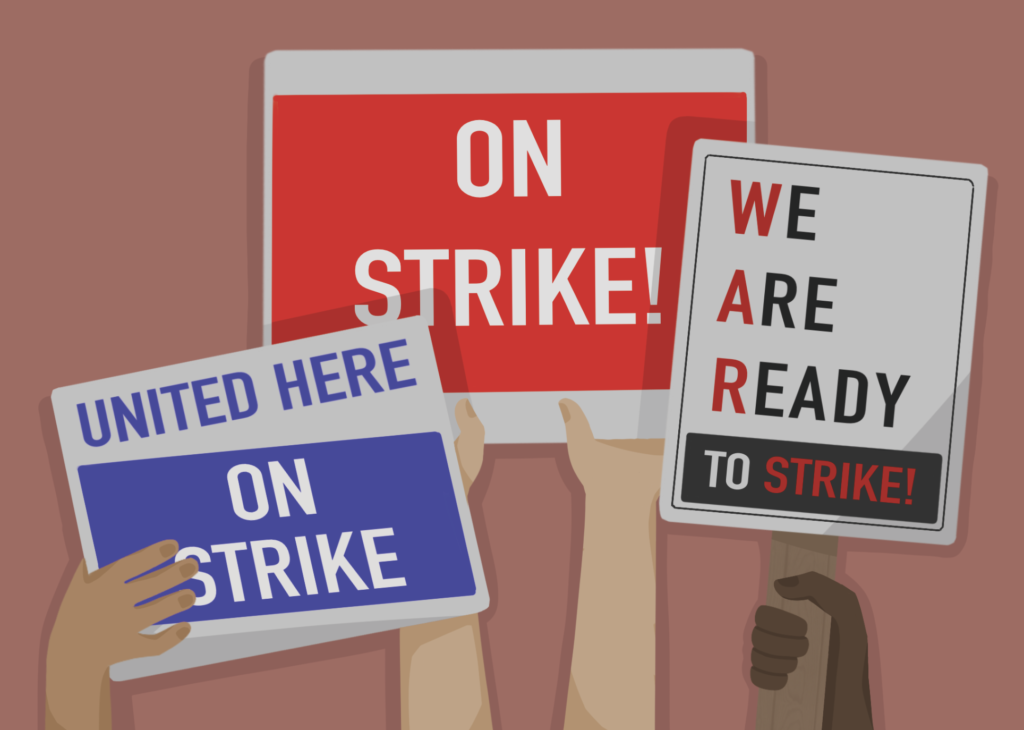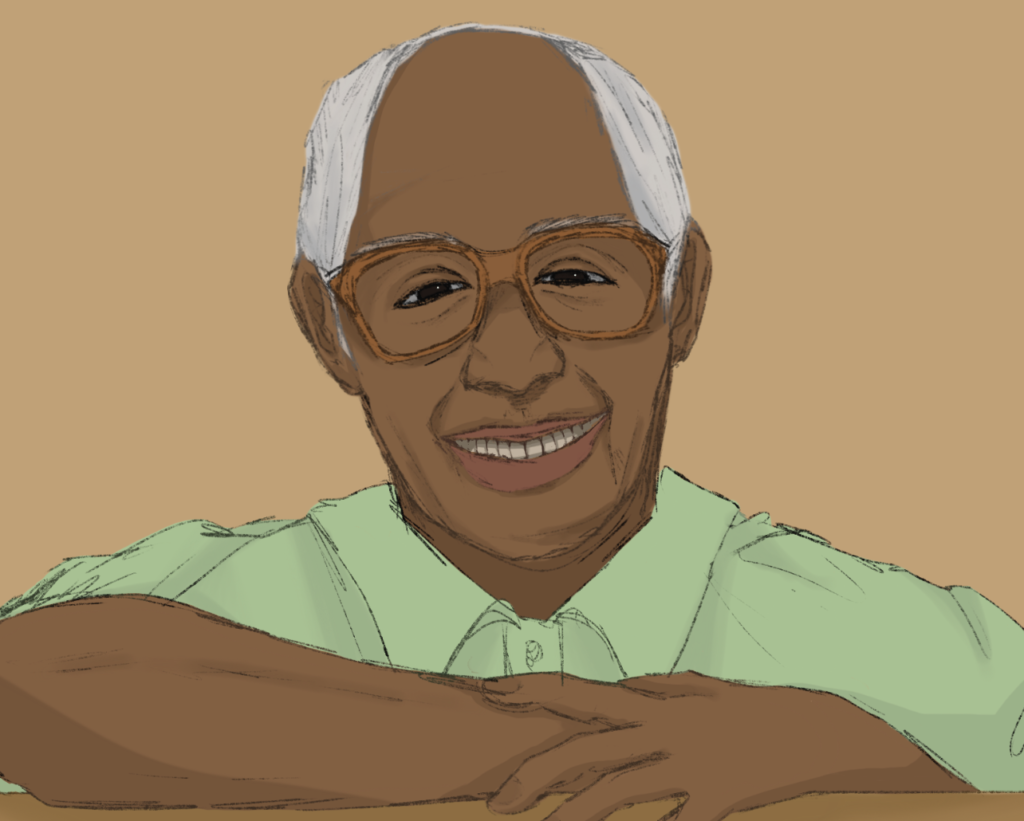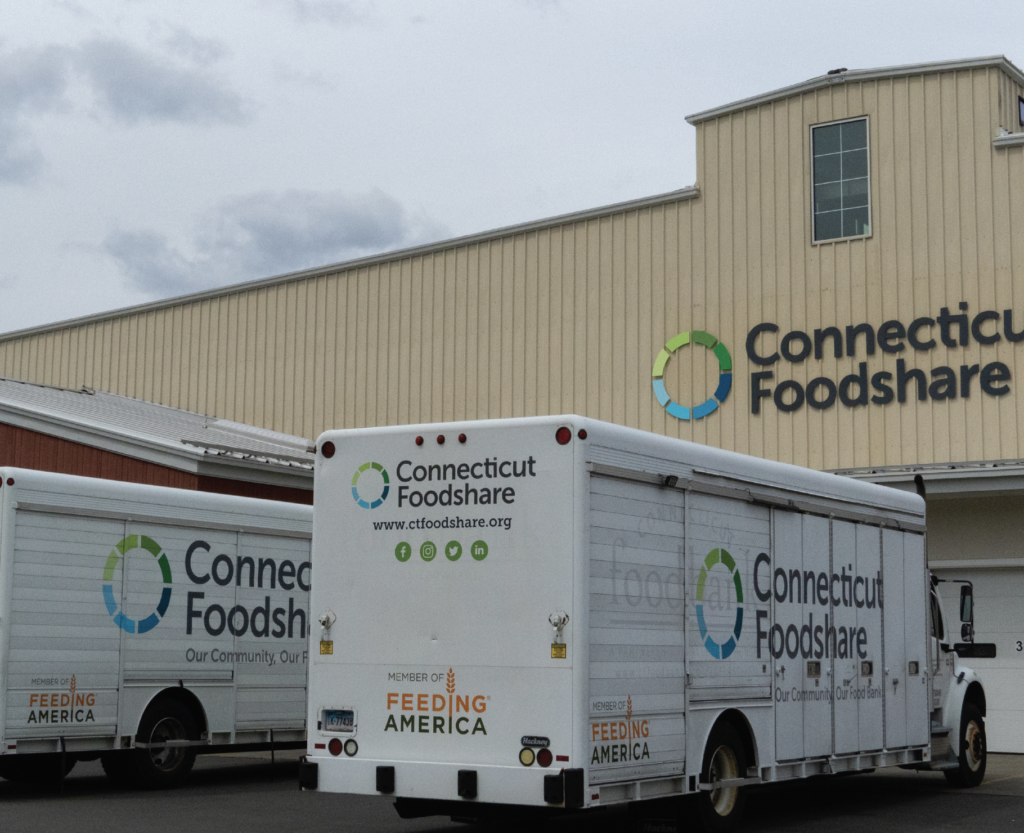With vaccinatination increasing in accessibility, nearly 1.3 million more Connecticut residents became eligible for the Covid-19 vaccine on April 1. Connecticut has continuously ranked among the top five states in the nation for percentage of vaccinated citizens with 23.5% of the population already vaccinated. According to Governor Ned Lamont, the state expects to receive “more than 200,000 first doses per week by early April.” Based on Connecticut’s already vigorous vaccination program, Governor Lamont aims to “significantly accelerate the schedule so that we can equitably and efficiently vaccinate as many residents as possible.”
Prior to April 1, the vaccine distribution plan focused on specific populations: people over 45, healthcare workers and educators, and residents of congregate settings where large groups of people cohabitate, such as dormitories or nursing homes. Connecticut’s official state website reported that on April 1, vaccine eligibility was expanded to “all individuals 16 years of age and older who live, work, or attend school in Connecticut.”
Once the registration for 16 to 44-year-olds opened, vaccination slots filled up rapidly. “When we start a new phase, there will be many more people seeking appointments than [the number of] doses we are receiving this week,” said Connecticut’s Chief Operating Officer Josh Geballe. Priority access is being given to people with intellectual or developmental disabilities, patients at Yale New Haven Children’s Hospital and Connecticut Children’s Hospital, as well as high-risk citizens.
The state has implemented an in-home vaccination program for the medically or physically homebound. It also created a vaccine appointment helpline for residents without internet or those with disabilities that inhibit accessibility to the Center for Disease Control’s (CDC) online Vaccine Administration Management System (VAMS).
Appointments can be made through VAMS and local vaccination sites, including those run by Harford Healthcare, Yale New Haven Health, and Stamford Health. Commercial pharmacies like CVS have their own scheduling system.
The Uncas Health District normally serves as the local health department for 11 municipalities in eastern Connecticut, but it partnered with Yale New Haven Health to provide closed registration to educators. It ensured that all educators received an appointment for their first dose of the vaccine in March. “For the Uncas Health District to provide vaccine[s], we were required to enroll in the Covid-19 Vaccination Program, which takes place in CT WiZ, Connecticut’s Immunization Information System,” said Mr. Patrick McCormack, the director of health at Uncas Health District.
After the first shot, providers give a card with the date of the dose and, in the case of Moderna and Pfizer vaccines, a reminder of the appointment for the second dose. At Uncas Health, “patients must complete an online enrollment and sign an attestation sheet at the clinic. The information is collected in VAMS, which generates a vaccination certificate,” Mr. McCormack explained.
Over spring break, some 90% of Choate faculty members got registered and vaccinated. “We did it basically by a lottery since we knew that we would be able to get everyone vaccinated within the two to three weeks very quickly,” said Medical Director Dr. Miriam Cohen. “We didn’t feel that we needed to prioritize in the same way as those who had underlying medical conditions or consider age-based stratifications.”
Nurses from Choate volunteered to help at the vaccination sites. In return, the Wallingford Health Department allowed Choate to use batches of vaccines received from the state of Connecticut to vaccinate Choate employees. Choate will also be partnering with a local clinic to supply vaccines to students 16 and above. According to Dr. Cohen, the Pfizer vaccine will be available to anyone on campus by the end of April, and the second dose will be supplied in around the middle of May.
“I know that a lot of people are wary or nervous about this vaccine due to its newness, and I totally understand that,” she said. “With that said, I do think our way to get to the other side of the pandemic really is through vaccination.”




